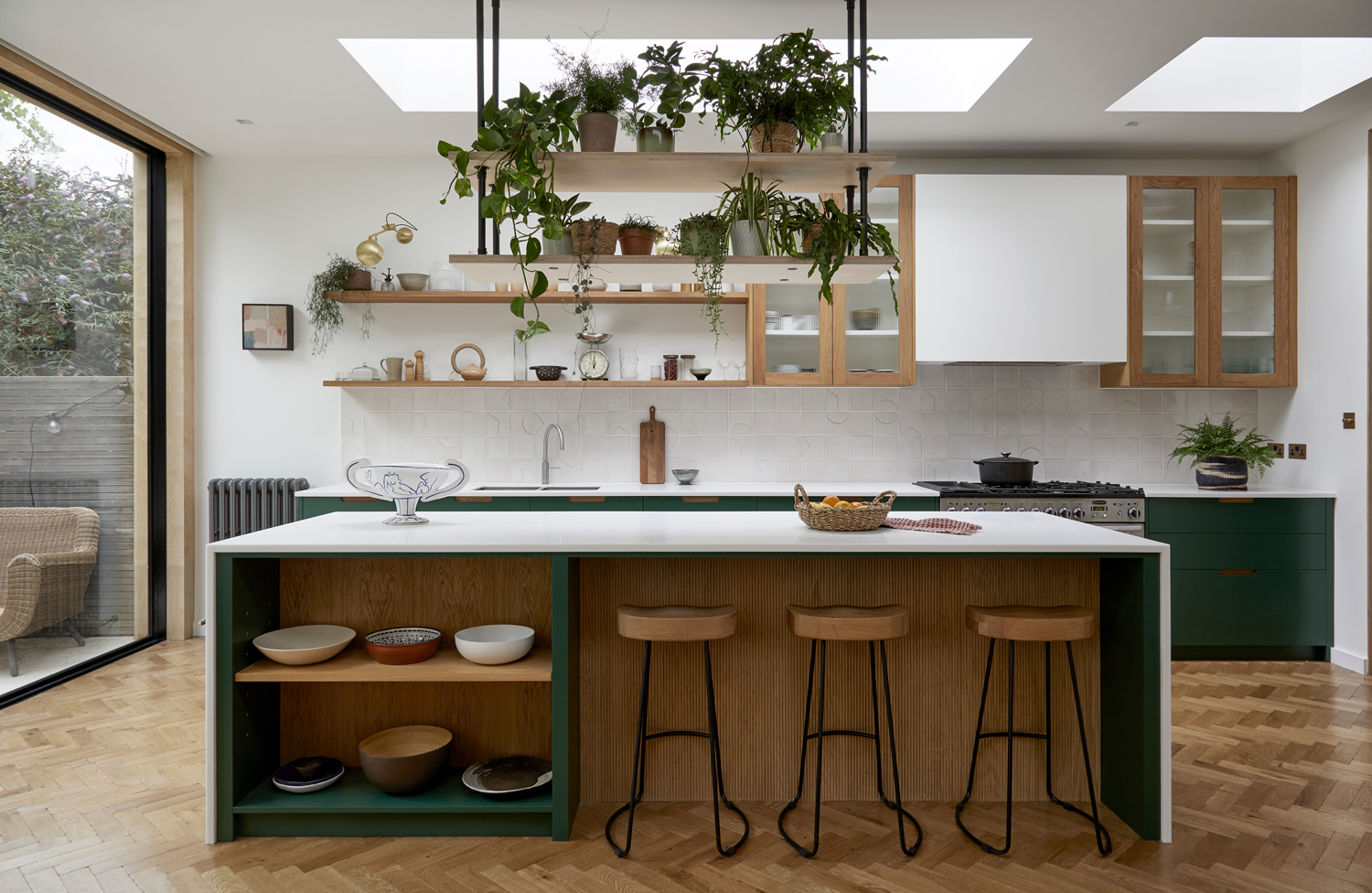If you’re starting a home extension, renovation or new build project, one of the first questions that may come up is: do I need an architect for planning permission?
The short answer is no – you are not legally required to hire an architect to submit a planning application. However, the process can be complex and highly detailed. Getting it wrong may result in delays or a refusal from the local planning authority. In this article, we’ll walk you through what’s involved, the risks of going it alone, and why working with an experienced architect could be a smart move.
Extension above by Yoko, architect in London. See her full profile and shortlist her studio for your project here.
Can I get Planning Permission Myself?
Yes, homeowners can submit a planning application without professional help. However, you will be expected to provide detailed and technically accurate planning drawings and documentation that meet your local authority’s requirements. A typical application may include:
- Existing and proposed floor plans
- Elevations and cross-sections
- A site location plan and block plan
- A design and access statement (if required)
- Supporting reports (e.g. flood risk, ecology, or heritage statements)
For more insight, see our related guide: Do I need an architect for an extension?
The Planning Application Validation Process
Before your application is considered, the council must first validate it. This is a detailed checklist to confirm that every required document has been provided and that they are in the correct format. If something is missing or unclear, your application will be returned or put on hold.
This validation stage is often where DIY applications can fall short. Architects are well-versed in these requirements and can ensure your submission is complete and correctly formatted the first time.
Additional Considerations for Conservation Areas
If your property is in a conservation area, you will need to meet extra planning obligations. This often includes:
- A Heritage Statement
- Details on materials, finishes and design style
- Demonstration of how the proposal preserves or enhances the area’s character
Planning officers take conservation areas seriously and may refuse applications that don’t sufficiently consider the local context. In these cases, having an architect with conservation experience is highly advisable.
Learn more about planning permissions in protected areas in our article on renovations and architectural services.
Do I Have to Commit to Full Architect’s Fees?
A common misconception is that hiring an architect means committing to their services for the entire project. In fact, most architects structure their fees in stages, allowing you to engage them only for the planning phase if you wish.
For example, an architect might offer:
- A feasibility study or concept design
- Planning application and submission
- Building regulations drawings
- Tendering and contractor selection
- On-site project management
This flexible approach means you can assess the value of each stage and decide how far you’d like to continue with their support. For many homeowners, using an architect just for the planning application stage is a worthwhile investment, especially if planning approval is critical before proceeding further.
Why Hire an Architect for a Planning Application?
Although not a legal requirement, using an architect to support your planning application can improve your chances of success. A qualified architect will:
- Produce high-quality planning drawings
- Navigate planning policies and restrictions
- Provide expert advice tailored to your project
- Prepare and submit the full planning package
- Communicate with the council if issues arise
Hiring an architect is not just about compliance, it’s about enhancing your design and achieving planning permission smoothly.
To get started, find an architect with relevant planning experience on Design for Me. Look for someone with a strong success rate and knowledge of your local planning authority.
Conclusion
Do you need an architect for a planning application? Legally, no – but practically, it can make all the difference. The process is highly detailed, strictly validated and often more technical than homeowners expect – especially if you’re in a conservation area or tackling a larger project.
The good news is that you don’t need to commit to full architect’s fees upfront. Many clients choose to work with an architect for just the planning stage, which can significantly improve your chances of approval and set your project on the right path.


